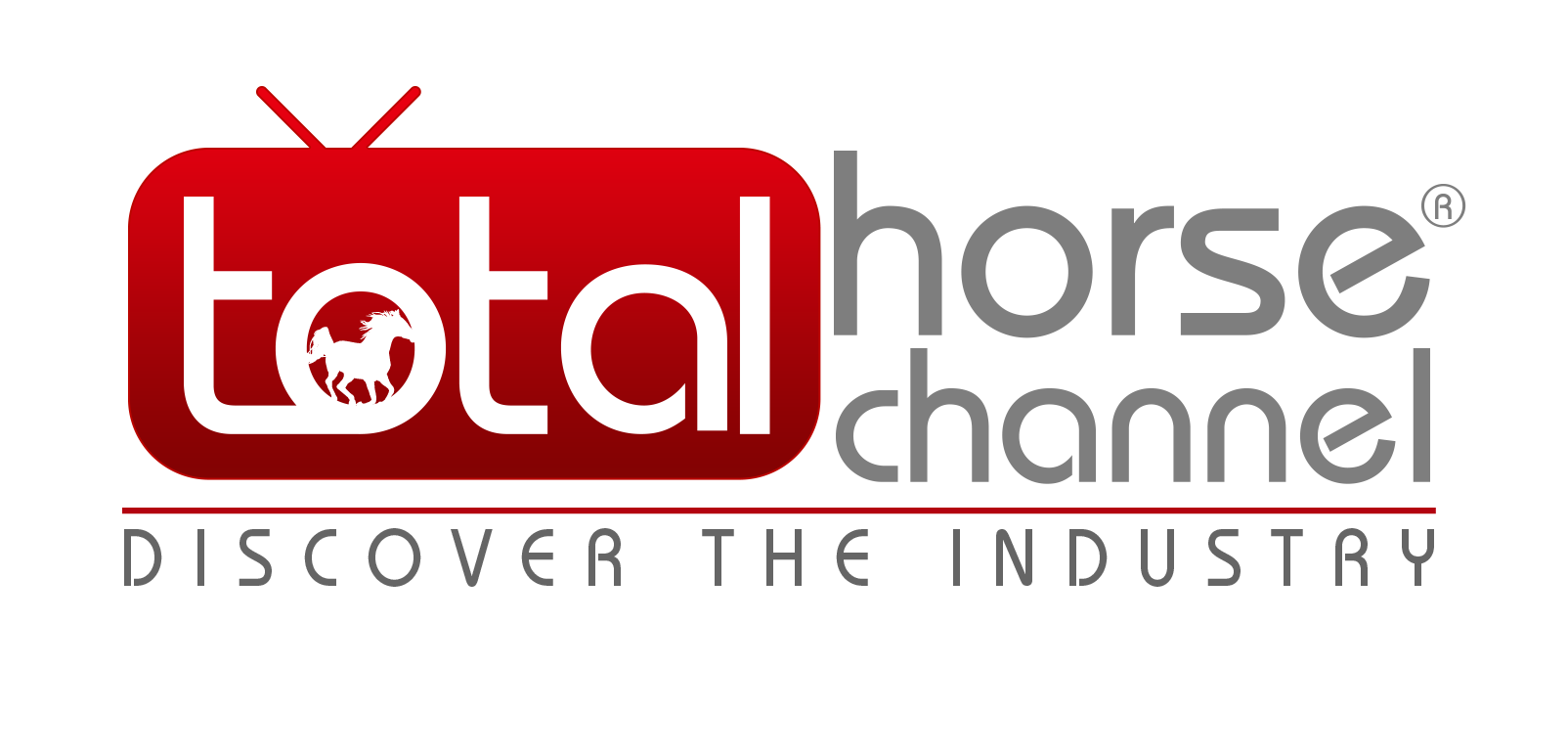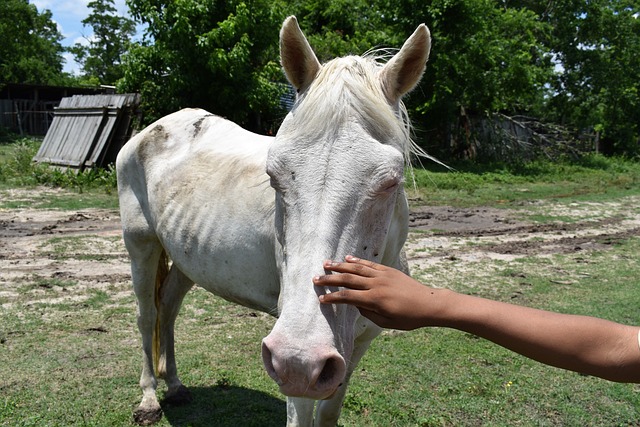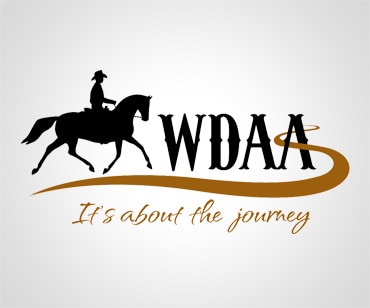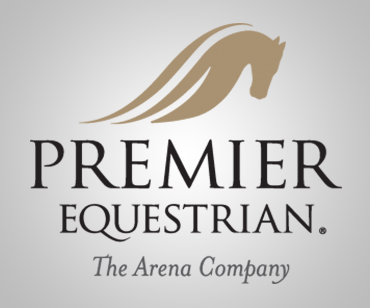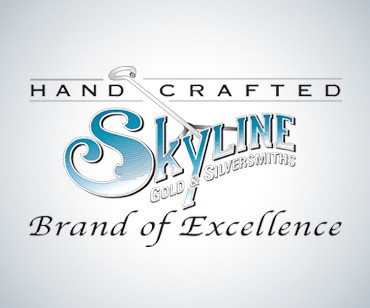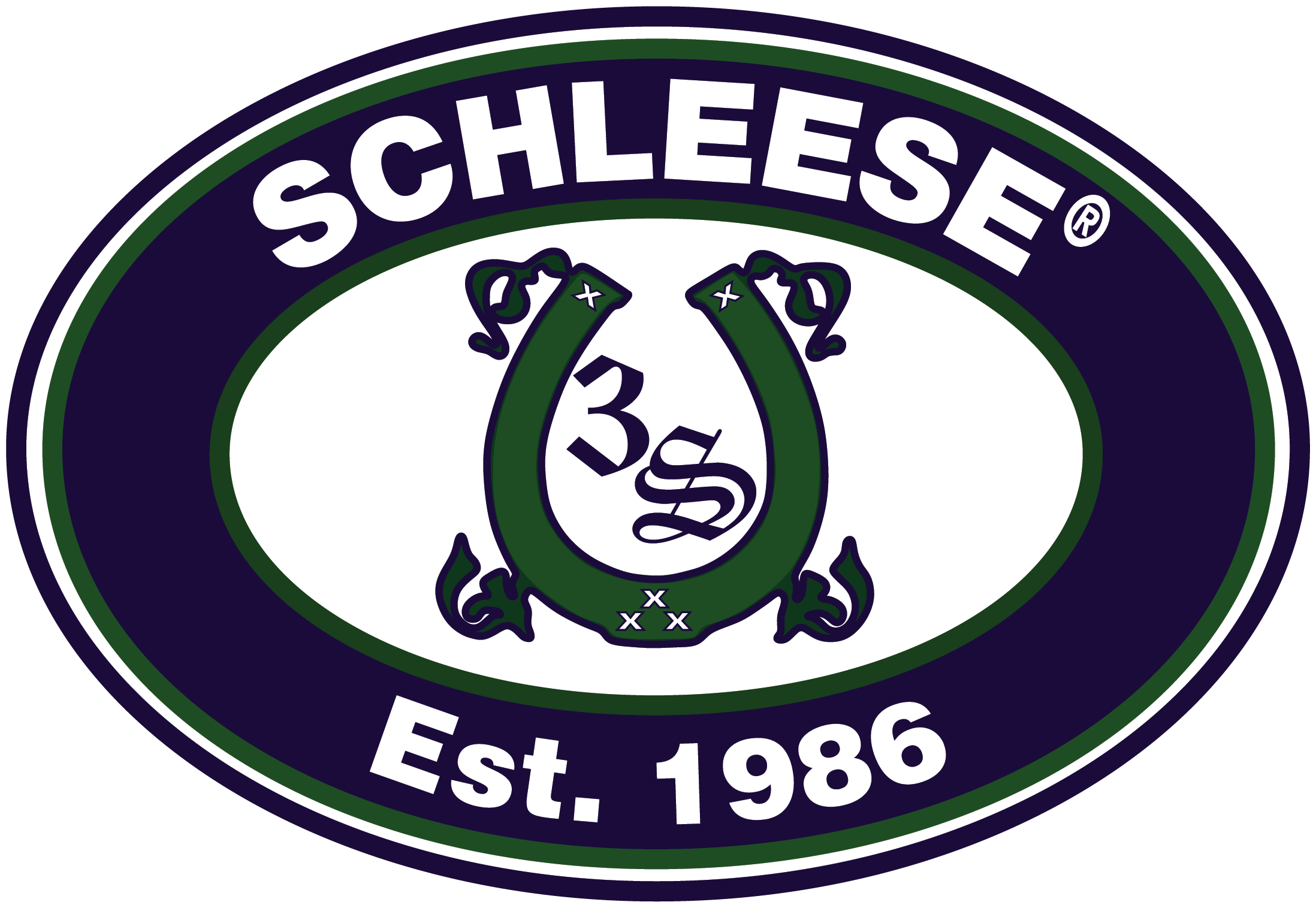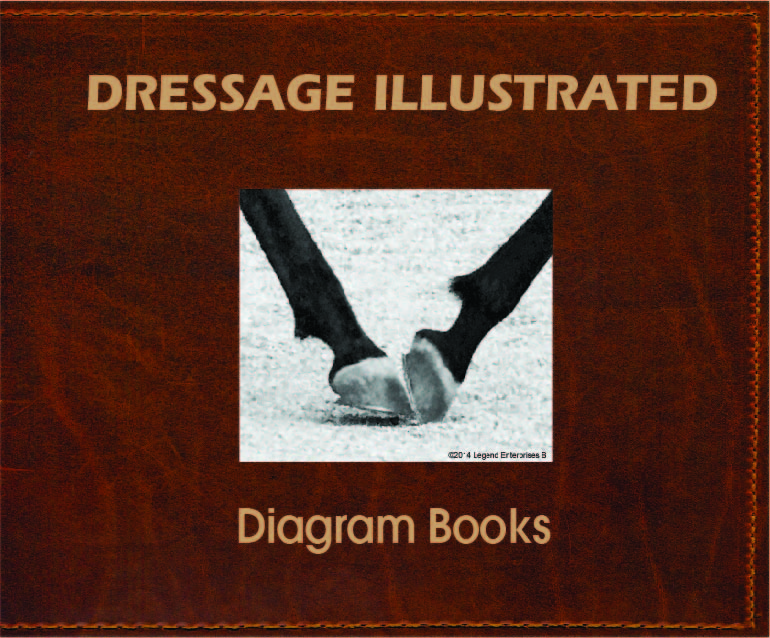Image Source: pixabay.com
Are you passionate about horses and have dreams of working closely with these majestic creatures while pursuing a rewarding career in veterinary medicine? If so, then becoming an equine veterinarian might be your perfect calling! Equine veterinarians are the unsung heroes of the horse world, dedicating their lives to the health and well-being of these magnificent animals. But what does it take to embark on this exciting journey?
In this blog post, we’ll delve into everything you need to know about becoming an equine veterinarian, from the rigorous education and training to the incredible experiences and challenges that come with the territory. Without wasting time, let’s get started.
Educational Requirements
Becoming an equine veterinarian requires a strong educational foundation. Prospective students typically need a bachelor’s degree with specific prerequisite coursework in biology, chemistry, and physics. However, admission to veterinary school is highly competitive, so aspiring equine veterinarians should aim for exceptional academic performance and relevant extracurricular activities.
Once admitted to veterinary school, students undergo a rigorous four-year program that includes core coursework in general veterinary medicine. You can click here for the options and how to join these colleges. Graduates must then pass national board exams and obtain state licenses to practice, marking the culmination of their extensive educational journey.
Veterinary School Curriculum
The veterinary school curriculum is a comprehensive and demanding program that equine veterinarian aspirants must navigate. It typically spans four years and comprises a wide range of courses, from anatomy and physiology to pharmacology and surgery, with a significant emphasis on equine medicine.
In addition to classroom learning, students engage in clinical rotations where they gain practical experience diagnosing and treating horses under the supervision of experienced veterinarians. Equine-focused electives and specialized courses further enhance their knowledge of horse health. This immersive curriculum equips future equine veterinarians with the essential skills and expertise required to provide high-quality care to these magnificent animals.
Licensing and Certification
After completing the rigorous veterinary school curriculum, the path to becoming a practicing equine veterinarian involves several critical steps. Graduates must first pass the North American Veterinary Licensing Examination (NAVLE) or similar national board exams to become eligible for licensure in their respective states or countries.
Equine veterinarians may also pursue specialty certification in equine practice through organizations like the American Board of Veterinary Practitioners (ABVP). These certifications demonstrate a higher level of expertise in equine medicine and can enhance career prospects and credibility within the field, although they are typically optional and not mandatory for practice.
Clinical Practice vs. Ambulatory Work
Equine veterinarians can choose between two primary practice settings: clinical practice and ambulatory work, each offering distinct challenges and rewards. Clinical practitioners operate from veterinary hospitals or clinics, providing specialized facilities and equipment for in-depth diagnosis and treatment. In contrast, ambulatory equine veterinarians travel to clients’ locations, often working in the field or barns.
Clinical practice allows for advanced diagnostics and surgical procedures, while ambulatory work involves a broader range of cases and requires strong communication and horsemanship skills. Practitioners may opt for one or combine both, tailoring their careers to their preferences and goals within the equine healthcare profession.
Continuing Education and Professional Development
The field of equine veterinary medicine is dynamic and ever-evolving, making lifelong learning essential for success. Equine veterinarians must actively engage in continuing education to stay current with the latest advancements, techniques, and treatments. This involves attending conferences, workshops, and seminars focused on equine health, as well as pursuing advanced training in specialized areas like equine dentistry, orthopedics, or reproduction.
Continuous learning not only enhances their expertise but also helps them provide the best care possible to their equine patients. It’s a cornerstone of maintaining professional competence and staying competitive in a rapidly changing veterinary landscape.
Career Outlook and Considerations
Image Source: pixabay.com
The career outlook for equine veterinarians is influenced by factors such as location, specialization, and experience. While the demand for equine healthcare remains steady, competition for positions can be fierce. Equine veterinarians may find opportunities in private practices, academic institutions, or government agencies.
Career prospects can be bolstered by building a strong reputation, fostering client relationships, and staying up-to-date with industry trends. However, it’s important to consider the physically demanding nature of the job, potential long hours, and the need for on-call availability, which can impact work-life balance. Despite these challenges, for those passionate about horses, the profession offers unique rewards and fulfillment.
The path to becoming an equine veterinarian is a challenging but deeply rewarding journey. It begins with rigorous educational requirements, continues through veterinary school, and involves obtaining licenses and optional certifications. Equine veterinarians can choose between clinical practice and ambulatory work, each offering distinct opportunities and challenges. Lifelong learning is crucial for staying at the forefront of the field, and the career outlook depends on factors such as specialization and experience. Despite the demands, for those with a profound passion for horses and their health, a career in equine veterinary medicine can be a fulfilling and impactful calling.
